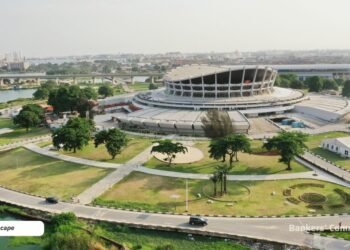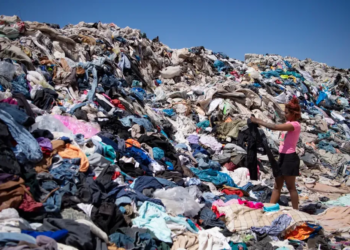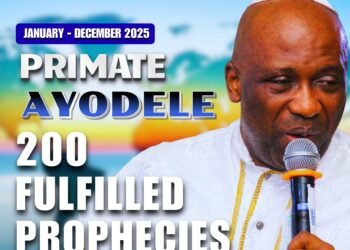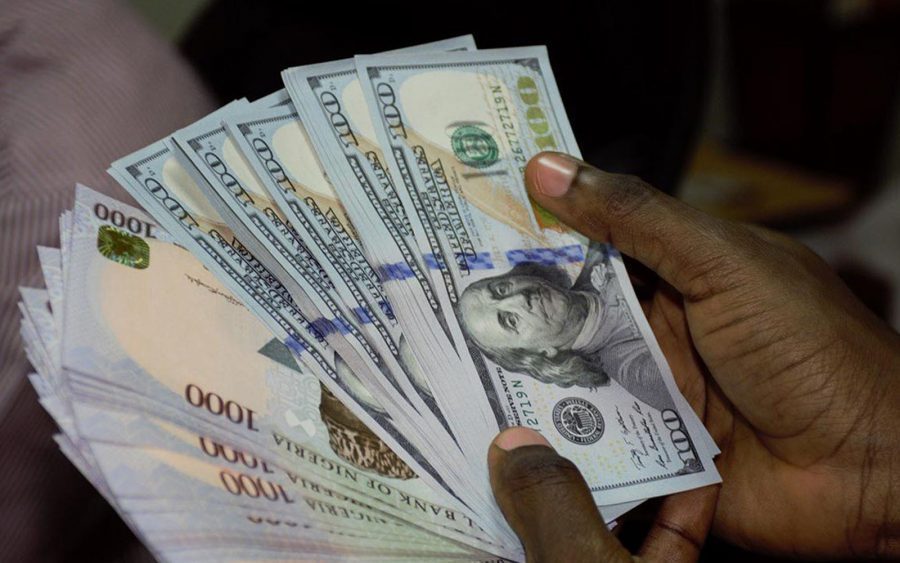At the recent and final ministerial retreat for performance review, President Muhammadu Buhari, reeled off the achievements of his administration and confidently told Nigerians that he had walked his talk.
Addressing participants at the retreat held at the State House on Monday, October 17, 2022, Buhari, minced no words in stating that the event was designed to reflect on the progress made by his government, review the status of implementation of the policies, programmes and projects of government, in line with aspirations of Nigerians, while also identifying areas that need urgent intervention.
Though many of his critics, especially, political opponents seem oblivious of the successes of his government, Buhari was nonetheless excited that the retreat was coming at a time, when political activities and campaigns for the forthcoming general election in 2023 and kick-started. This is because he was certain that he has recorded noticeable laudable achievements across sectors.
As often is the case in most African democracies, a former Kenyan President, Mr. Uhuru Kenyatta, who was a keynote speaker at the event, when sharing his experience and how he institutionalised similar programmes in his country, alluded to how political opponents tended to underplay efforts of the ruling party.
“For my first term, one of the key issues I had to struggle with was an opposition that would block anything and everything that we did, not on the basis of whether it is good or bad but just because it was a government policy that we must oppose,” he said.
But according to Buhari, who assured Nigerians that he receives weekly progress updates from the Secretary to the Government of the Federation, Boss Mustapha, so as to ensure completion and delivery on flagship projects, despite challenges, his ministers worked relentlessly to implement policies, programmes and projects contained in the ministerial mandates signed by them and permanent secretaries in 2019.
And these, he said had been closely monitored, reviewed and analysed by the Central Delivery Coordination Unit (CDCU) through quarterly performance reports of the 29 ministries, including the Office of the Head of the Civil Service of the Federation.
Buhari stated that, “We have implemented high-impact projects across the length and breadth of the country that meet the yearnings and aspirations of Nigerians,” stressing that some of them included the completion of 326km Itakpe-Ajaokuta-Warri rail line and railway ancillary facilities; the completion of 156.5km Lagos-Ibadan standard gauge railway modernisation project with extension to Lagos Port, Apapa.
“On road projects, this administration has constructed 408Km of roads; 2,499Km of SUKUK roads and maintenance of 15,961Km of roads across the country. Key among these projects are the construction of 1.9km Second Niger Bridge, linking Anambra and Delta States with 10.30km approach road; rehabilitation, construction and expansion of Lagos-Shagamu-Ibadan dual carriageway; the ongoing rehabilitation of Abuja-Kaduna – Zaria-Kano Road, among others,” he said.
According to him, his administration sustained commitment to infrastructure development in the last seven years and that this was evident in the handing over of 941km of completed SUKUK road projects across Nigeria.
Other laudable efforts of government enumerated by President Buhari are the 21 selected federal roads totaling 1,804.6km, embarked upon under the Road Infrastructure Development and Refurbishment Investment Tax Credit Policy. They are funded by the Nigeria National Petroleum Limited. The government was also able to extract similar collaborations from Dangote Industries Limited and other corporate organisations to improve the Nigerian road infrastructure.
A lot of Nigerians are elated about the re-establishment of the Nigerian national carrier, which is presently at 91 per cent completion, and is expected to commence flight operations before the end of 2022. A big plus for this is the certification of two of Nigerian International Airports (Lagos and Abuja) by International Civil Aviation Organisation. The Kano and Port Harcourt airports are undergoing similar certification process.
“On the economy, we have witnessed seven consecutive quarters of growth, after negative growth rates recorded in the second and third quarters of 2020. The GDP grew by 3.54 per cent (year-on-year) in real terms in the second quarter of 2022.
“This growth rate represents a sustained positive economic performance, especially, for the non-oil GDP, which fell by 4.77 per cent in Q2 2022 against oil GDP that grew by -11.77 perc ent. Most sectors of the economy recorded positive growth, which reflects the effective implementation of the economic sustainability measures introduced by this administration,” Buhari stated.
He also noted that to boost communications and digital economy sector, Nigeria’s broadband coverage, has been upgraded to 44.32 per cent and this is being reinforced by 77.52 per cent 4G coverage with the establishment of 36,751 4G base stations nationwide.
In the power sector, which the government priortised, by implementing the ‘Willing Buyer-Willing Seller’ policy, there has been increased delivery of electricity to underserved homes and industries.
The government, has been carrying out a number of critical projects through the Transmission Rehabilitation and Expansion Programme, targeted to actualise improved power supply to all Nigerians by 2025. Also, that the partnership between the Nigerian government and the German Siemens AG through the Presidential Power Initiative to increase electricity generation to 25,000 Megawatts (MW) in six years is on course, and the first batch of the transformers is already in the country.
Enumerating those actions taken to move Nigeria forward, President Buhari recalled that he signed the much-awaited Petroleum Industry Act (PIA) into law on August 16, 2021, providing a legal, governance, regulatory and fiscal framework for the Nigerian Petroleum Industry, as well as the development of host communities and related matters.
“Hence, with the PIA, we have unbundled the Nigeria National Petroleum Corporation and have established the Nigeria National Petroleum Limited, Nigerian Upstream Petroleum Regulatory Commission and the Nigerian Midstream and Downstream Petroleum Regulatory Authority,” he said.
No doubt, Nigeria has suffered more than a fair share of global terrorism, but in an effort to combat this and strengthen national security, Buhari said his government substantially invested in arms, weapons and other critical military hardware as well as continuous training for the Armed Forces.
“The Nigerian Air Force, has acquired 38 brand-new aircraft and is expecting another batch of 36 new ones, while the Nigerian Navy, has been equipped with new platforms, sophisticated riverine, Rigid-Hull Inflatable, Seaward Defence, Whaler and Fast Attack Boats as well as Helicopters and Capital Ships.
“To boost the number of our police personnel, 20,000 policemen have been recruited, trained, fully integrated and deployed in 2020 and 2021. This exercise has strengthened our community policing strategy, which is enshrined in the Police Act, 2020,” Buhari said.
While reassuring Nigerians of his administration’s “unwavering” commitment to fighting corruption, the Nigerian leader vowed that, “We will continue to review and prosecute high-profile corruption cases and ensure speedy completion.”
Other important successes recorded and listed by President Buhari are: implementation of our Social Investment Programmes and other socio-economic programmes and policies, the passage of the National Health Act in 2014, which has enlisted 988,652 poor and indigent Nigerians in the Basic Health Care Provision Fund (BHCPF).
There’s also the accreditation and capitation of 7,373 primary health facilities under the National Health Insurance Scheme pathway, while 7,242 primary health care facilities are receiving dcentralised facility financing under the National Primary Health Care Development Agency – Basic Health Care Provision Fund gateway. And following government’s investment, the agricultural sector, has seen significant growth.
Written By Abu Mohammad. Mohammad lives in Abuja.






















